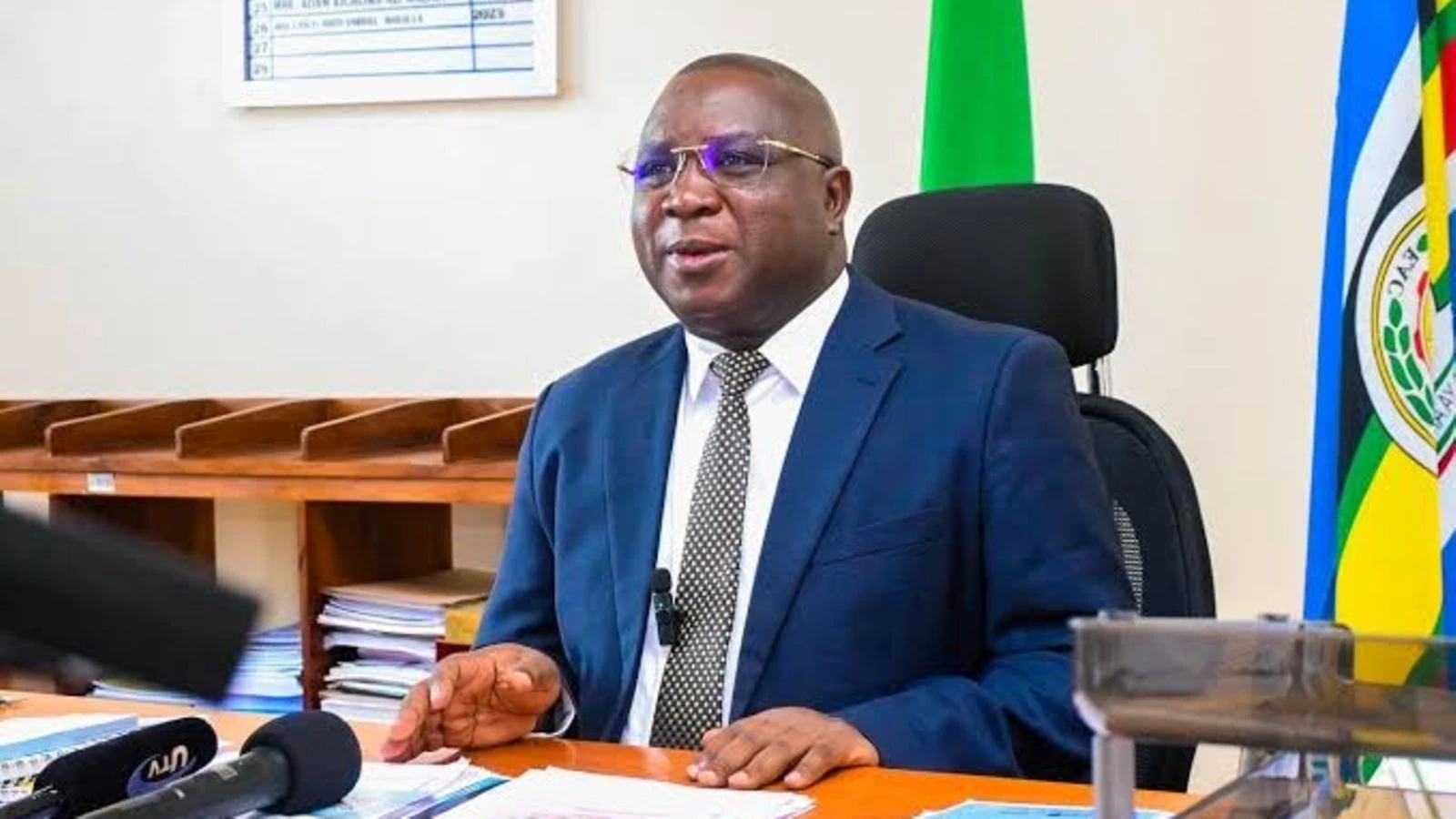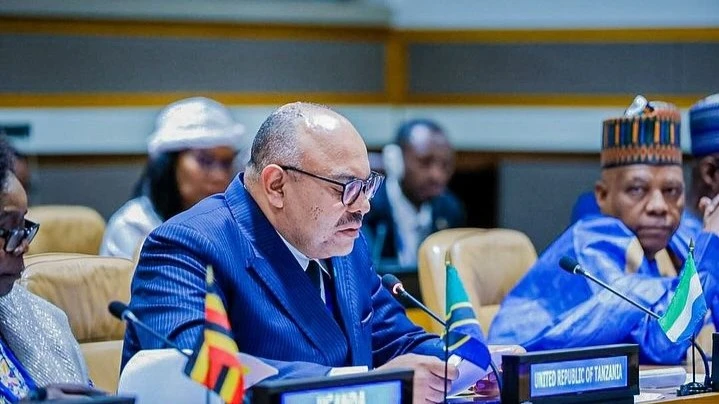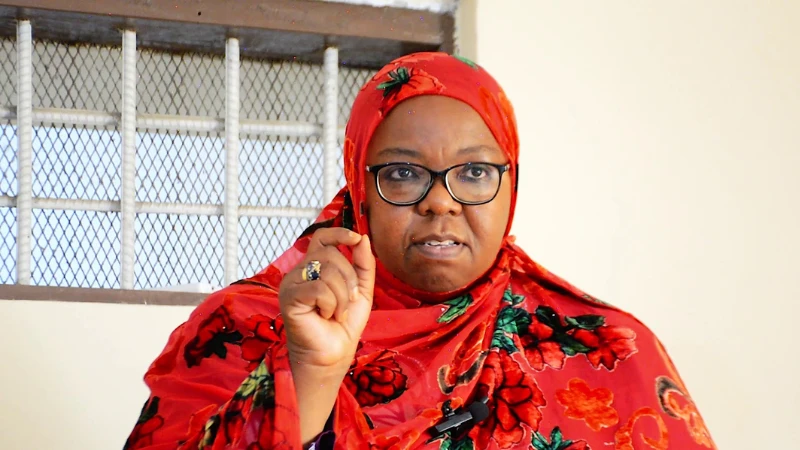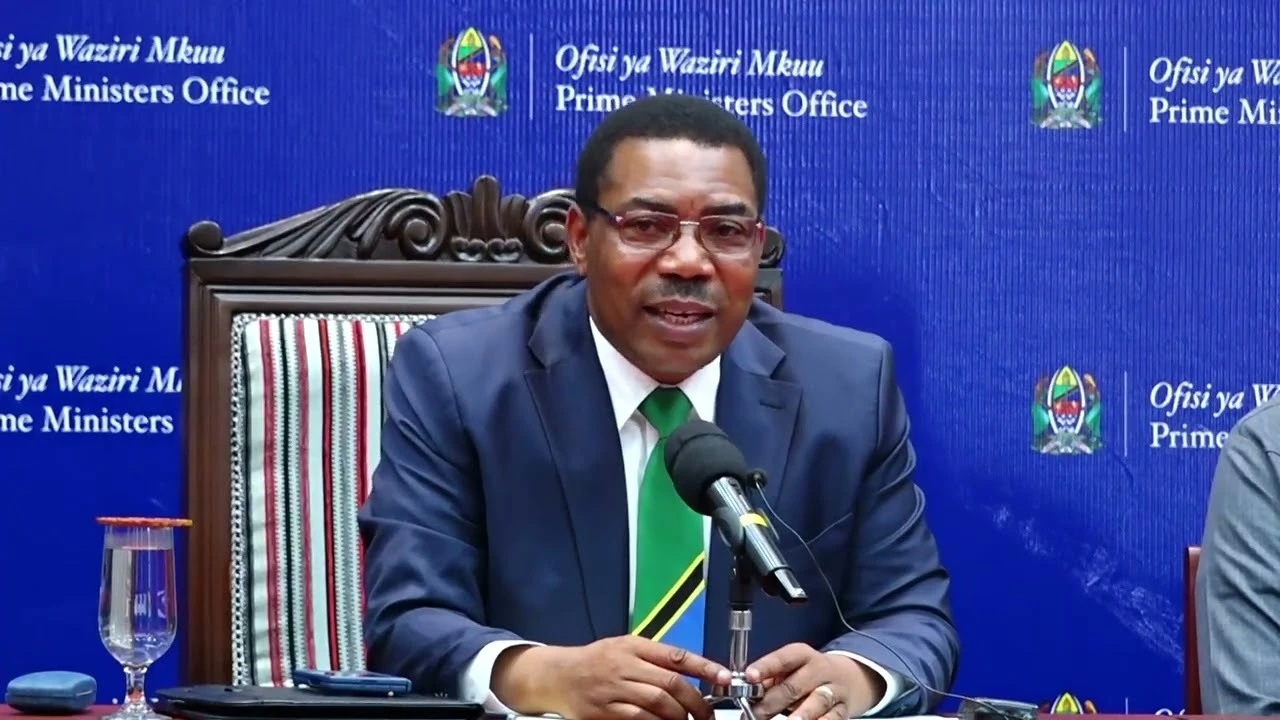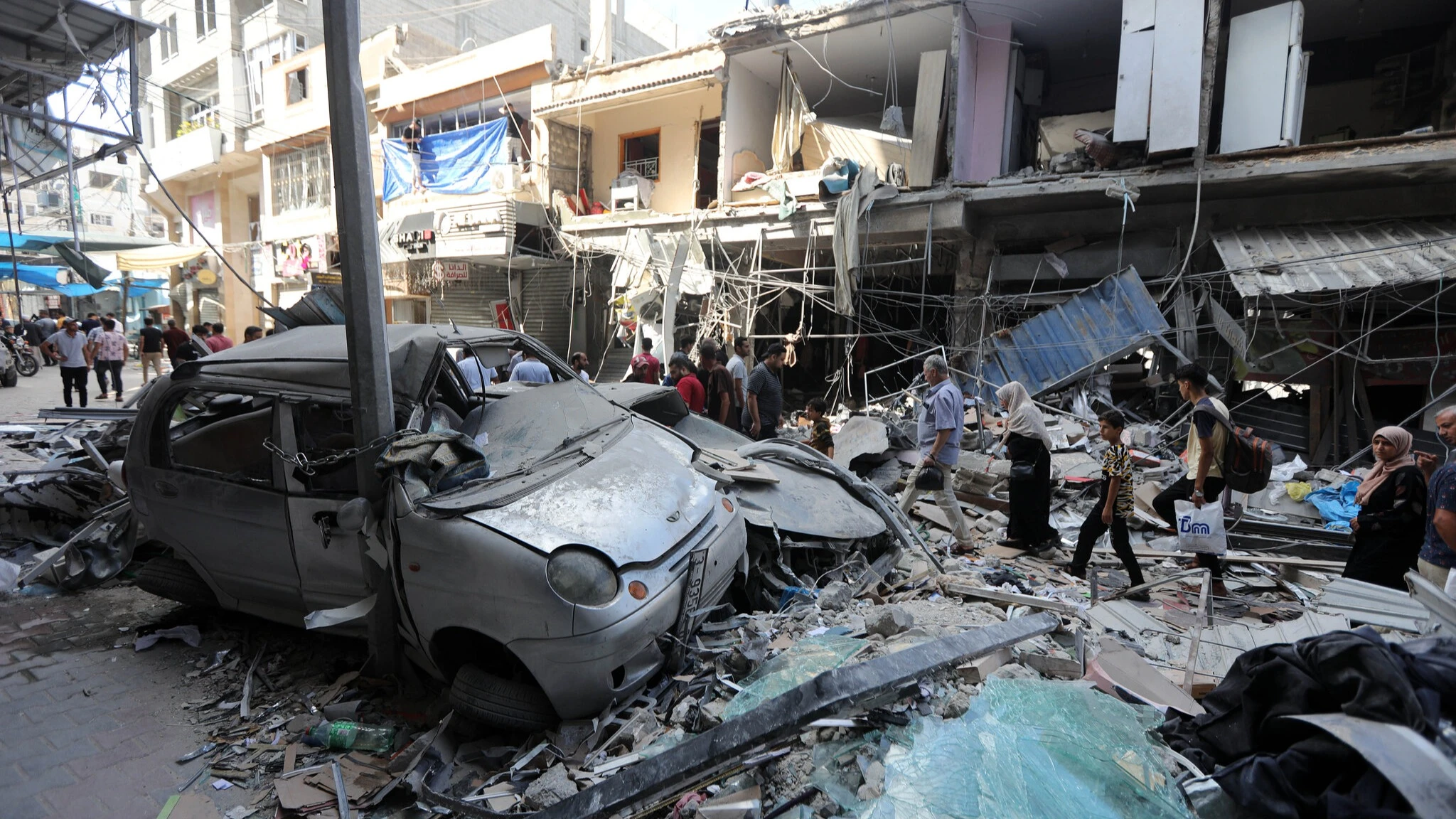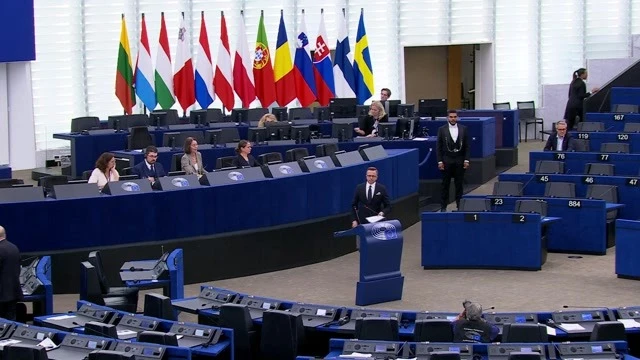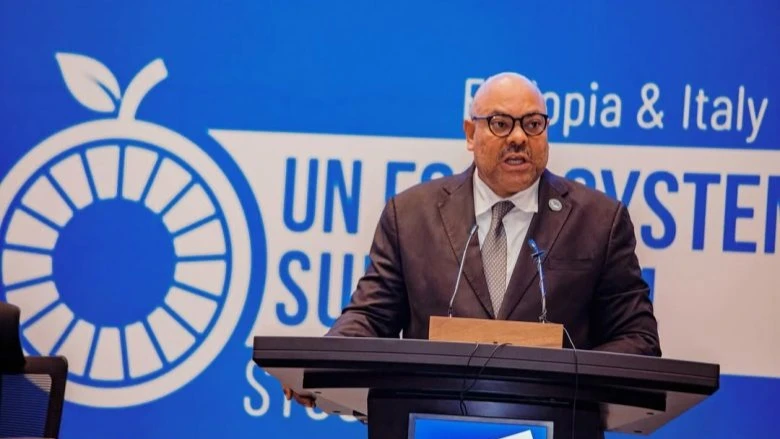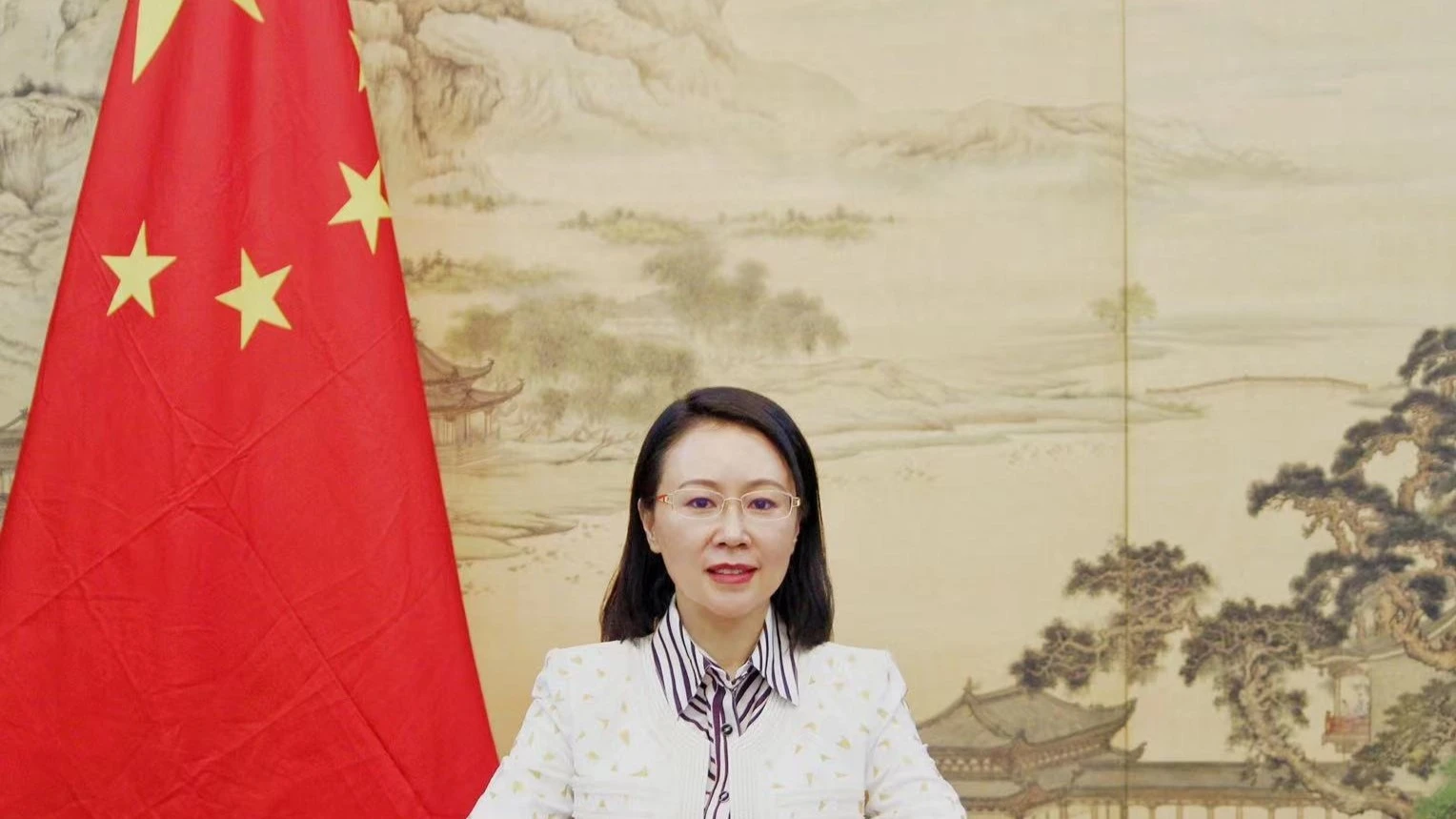The need for government commitment to reinforce peace, justice, strong institutions
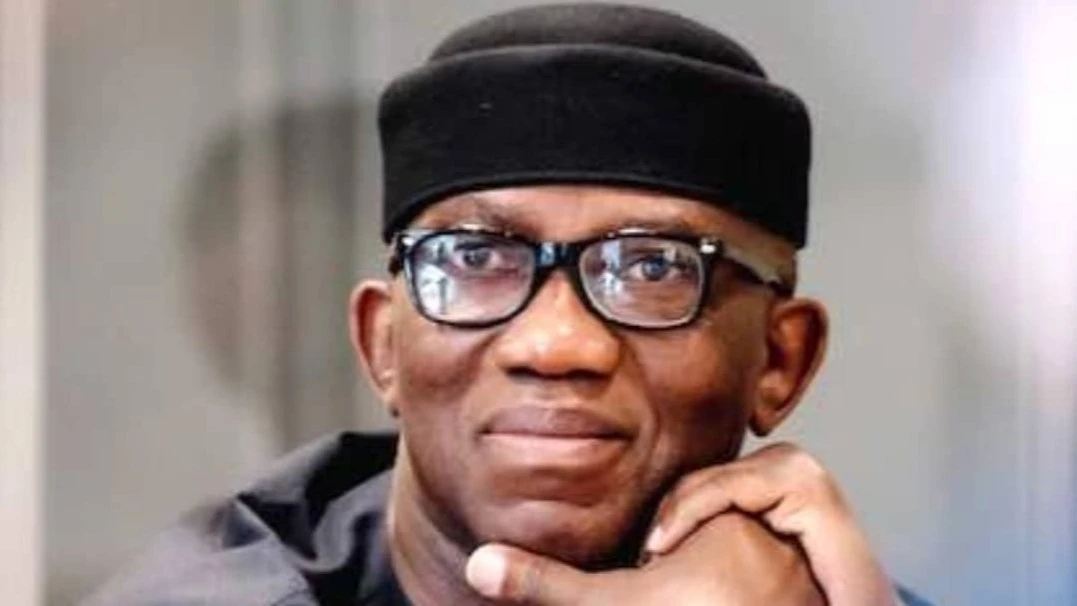
WHEN we look at what is going on in different parts of the world, we realise that there is more conflict than peace. Global Peace Index (GPI) 2025, published by Institute for Economics & Peace (IEP), suggests that global peacefulness continues to decline, and that many of the leading factors that precede major conflicts are higher than they have been since the end of the Second World War (WWII).
One of its key findings is that global stability has deteriorated over the past 17 years, marked by substantial increases in political instability, the number and intensity of conflicts, deaths from conflict, and increasing geopolitical fragmentation.
“More countries are increasing their levels of militarisation against the backdrop of rising geopolitical tensions, increasing conflict, the breakup of traditional alliances and rising economic uncertainty,” it says. Expounding on this, it says there are currently 59 active state-based conflicts, the most since the end of WWII and three more than before 2024.
“Last year, 17 countries recorded over 1,000 conflict deaths. Additionally, the successful resolution of conflicts is lower than at any point in the last 50 years. Conflicts that ended in a decisive victory fell from 49 per cent in the 1970s to nine per cent in the 2010s, while conflicts that ended through peace agreements fell from 23 per cent to four per cent over the same period.”
Politicians prefer to say that they are committed to protecting peace at all costs to doing justice at all costs. This could be that it is easier to talk about peace, but difficult to talk about justice or doing justice. So, politicians say what is easier for them to convince their followers, but although they say they are committed to protecting peace, they are the same people who can disrupt peace and cause conflict.
In a world ravaged by conflicts and wars, we need justice and peace to prevail. As we always say that we want to create a better world for us to live in, we should also say that we want to make more just and peaceful societies in which each person counts.
October 21, 2025 was Africa Human Rights Day (AHRD) 2025 with the theme “Advancing Human rights: A Call to conscience, Commitment and Collective Action”. On that day, Commissioner for Political Affairs, Peace and Security of African Union Commission Bankole Adeoye addressed ‘fellow Africans and friends of the African continent’.
In his address, he delivered on behalf of the Chairperson of the African Union Commission, he said “…justice is not merely about redress for past injustices, but also about constructing equitable systems that safeguard the dignity of every African, today. Reparations, in all their forms — moral, material, and institutional — are vital for healing both contemporary and historical wounds, restoring human dignity, and fostering inclusive development.”
He said AHRD was a call to conscience, commitment, and collective action. In light of this, he stressed three key messages corresponding to 1) AU member states, 2) institutions, and 3) the people of Africa.
Thus, 1) he urged AU member states to implement the decisions of “our continental human rights bodies, uphold the right to development, and end impunity for grave violations,” 2) to institutions he called on to prioritise human rights in early warning, peacebuilding, and post-conflict recovery, and 3) to the people of Africa he called on to defend each other’s dignity, reject discrimination, and ensure that no woman, youth, child, older person, any person living with disability, an internally displaced person, or a minority person was left behind.
He reminded fellow Africans that the African Charter’s promise must be lived in classrooms, communities, courtrooms, parliaments, marketplaces, and media spaces. “Let this day renew our shared conviction that Africa advances when rights are upheld and our Union endures when justice prevails. Together, let us make this AHRD 2025 a moment of renewed solidarity, purpose, and conscience for a peaceful, prosperous, and rights-respecting Africa that leaves no one behind.”
Sustainable development goal (SDG) 16 is about promoting peaceful and inclusive societies for sustainable development, providing access to justice for all and building effective, accountable and inclusive institutions at all levels. Target 16.3 focuses on promoting the rule of law at national and international levels and ensuring equal access to justice for all.
Deadly incidents that occurred on October 29, 2025 and after have shown us that what happens in other countries can also happen in Tanzania. The election is over, but the pain it has caused to some of our fellow brothers and sisters is hard to bear. What has happened calls more for soul-searching than witch-finding. We should be bold enough to admit that we have messed up somewhere if at all we want to heal wounds and reconcile, short of which we will likely be repeating similar mistakes time and time again.
Denial or going around the problem doesn’t help solve it. John Motsamai Modise in his paper “Ethics, Peace, Justice and Human Development” published in 2025 suggests that “by understanding the interconnectedness of ethics, peace, justice, and human development, we can work towards a world where these core values guide our actions and shape a brighter future for all.” The author calls ethics, peace, justice, and human development the foundations of an improved world (a better world to live in). So, let us keep the fire of justice and peace burning among us!
Top Headlines
© 2025 IPPMEDIA.COM. ALL RIGHTS RESERVED











